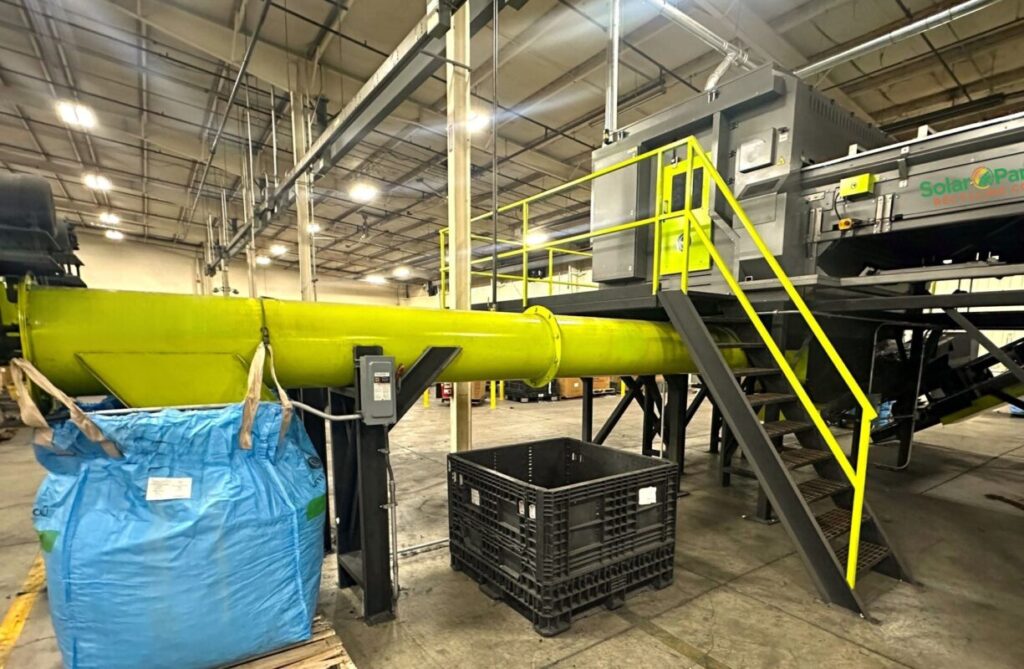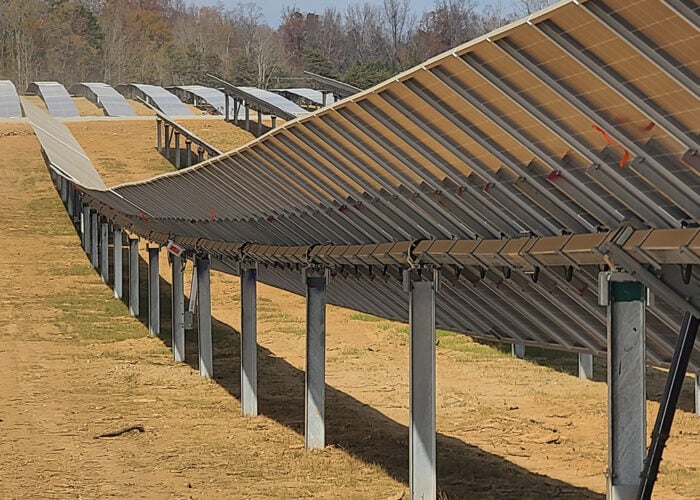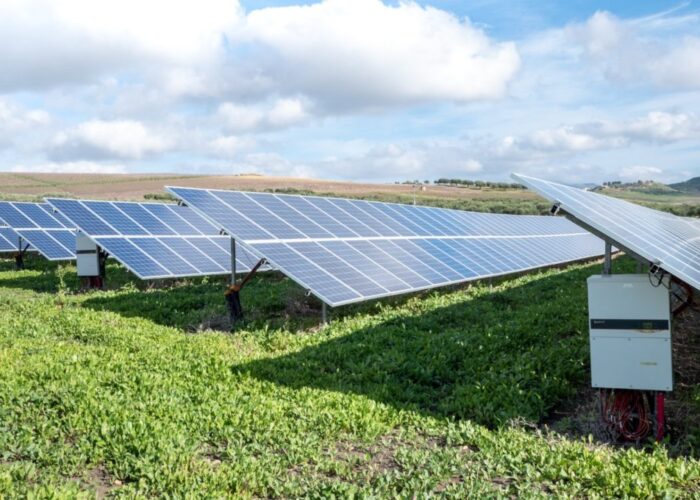
US-based solar recycling company SolarPanelRecycling.com (SPR) has launched an automated dedicated bifacial module recycling line in the US.
This new line – which SPR claims is the first of its kind in the US – aims to meet the demand for bifacial recycling services, as more and more modules are bifacial. This new dedicated line for bifacial solar panels will enable clean glass separation of bifacial modules with recovery rates of 99% or higher, according to the company.
Unlock unlimited access for 12 whole months of distinctive global analysis
Photovoltaics International is now included.
- Regular insight and analysis of the industry’s biggest developments
- In-depth interviews with the industry’s leading figures
- Unlimited digital access to the PV Tech Power journal catalogue
- Unlimited digital access to the Photovoltaics International journal catalogue
- Access to more than 1,000 technical papers
- Discounts on Solar Media’s portfolio of events, in-person and virtual
This brings the total lines for SPR to four, with monofacial capabilities, with both North Carolina and Georgia with one line of the new automated bifacial recycling capacity. In total, the company can recycle 2.2 million solar panels per year.
SPR said it has experienced an uptick in bifacial modules requiring recycling due to solar panels being damaged during transportation, installation or by extreme weather events.
The market is swiftly moving from monofacial to bifacial modules, with 62% of solar panels made as bifacial modules in 2024, and expected to increase to 73% by 2034, according to the 2024 International Technology Roadmap for Photovoltaic (ITRPV).
SPR claims it is the first dedicated bifacial solar panel recycling line in the US. Solarcycle, a fellow US-based recycling firm, recently unveiled its plan to build a 5GW solar panel recycling plant in Georgia, US, which will be optimised for bifacial crystalline-silicon PV modules.
One of the inefficiencies of monofacial recycling lines with bifacial solar panels was the glass recovery rates and manual labour, according to the company.
It added that its new proprietary recycling line for bifacial modules ensures a recycling process that separates all components instead of shredding the whole solar panel.
Brett Henderson, CEO of SPR, said: “True solar recycling goes beyond shredding panels. It requires cleanly separated commodities that can re-enter the supply chain, creating real value and minimizing environmental impact. This new technology marks a major milestone for SPR and for the solar industry as a whole.”







